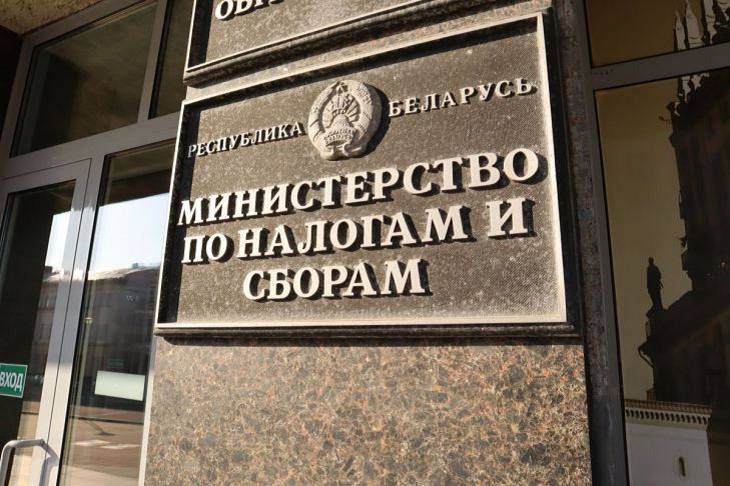Tax benefits, filing declarations electronically: the Ministry of Taxes and Duties spoke about innovations
The Ministry of Taxes and Duties of Belarus explained what is changing in terms of tax benefits and the method of filing declarations.
This topic was highlighted by Deputy Head of the Ministry of Taxes and Duties Svetlana Yeskova at a meeting of the United Directors Club.
Her statement is cited by BELTA .
What the Ministry of Taxes said about tax benefits and filing declarations
As Yeskova explained, the Ministry of Taxes and Duties is pursuing a policy aimed at remote interaction with taxpayers; they are gradually being transferred to submitting declarations electronically.
There remains a small circle of taxpayers who can submit declarations in writing.

We are talking about non-profit organizations that do not carry out entrepreneurial activities. They must provide information on the income of individuals, accrued tax amounts, and benefits.
The adaptation period provided to such organizations will last until 2026. From 2026, NPOs will have to obtain an electronic digital signature (EDS) and submit information electronically.
Speaking about tax benefits, Yeskova noted that the Ministry of Taxes and the Ministry of Finance conduct an annual inventory of them, studying which of them are not in demand or are ineffective.
Starting next year, the benefit of value added tax (VAT) on the import of raw materials for the production of glass and crystal products, tableware, and art products will be eliminated.
This is an unclaimed benefit that is not relevant for us, the deputy minister explained.
At the same time, the tax break on profits will be extended for organizations that employ disabled people (in relation to profits from renting and leasing property).
For public associations of disabled people, their unitary enterprises and institutions, the benefit on land tax and rent for state-owned land plots will be extended.
The Deputy Minister also recalled that this year, Decree No. 80 of March 28, 2023 on the procedure for taxation of transactions with tokens expires.
In order to preserve the preferences provided by the decree, its provisions are transferred to the Tax Code.
No global innovations are expected; the Tax Code will simply be supplemented with provisions on transactions with tokens.
Taxpayers carrying out such transactions, as before, will not be able to use the simplified taxation system (STS).
It will also be impossible to apply a single tax to agricultural producers.
In addition, the issue of increasing the revenue criterion for applying the simplified tax system is currently being considered.
At the same time, a number of issues related to control activities have already been reflected in the Tax Code. In particular, the application of the simplified tax system for organizations that were created during the reorganization process has been limited.
